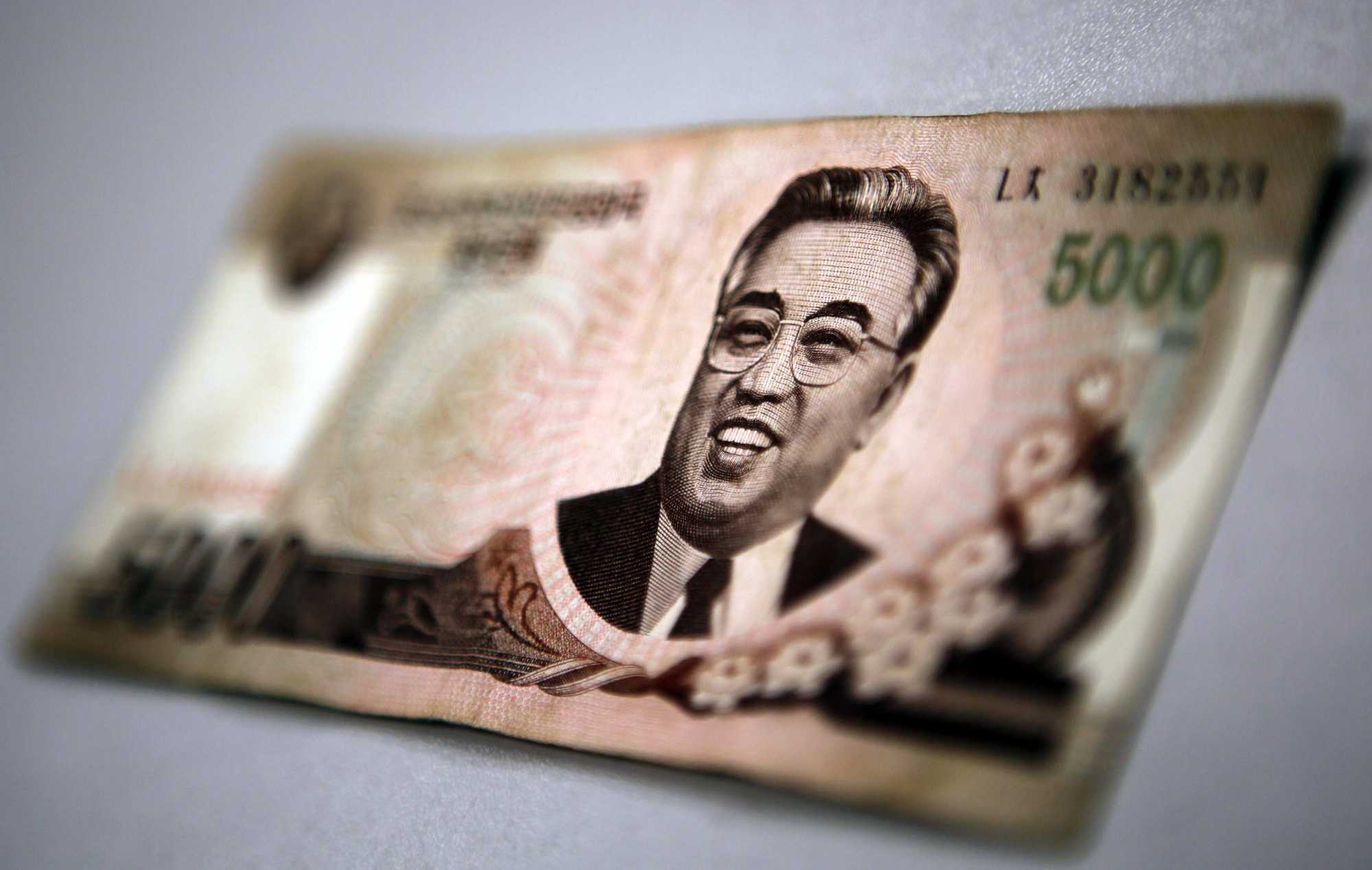Soon after the friends left, she heard the wail of a siren and saw police entering the building where the man was living. The following day, she found out that the entire family including his children – around the same age as her – had disappeared.

“Everything, not only them but also all their belongings, vanished into thin air,” she said.
Kim is one of several North Korean escapees who shared their personal stories of how the dictatorial regime suppresses free speech in video messages displayed at the North Korean Human Rights Museum, which opened in central Seoul last month.
The inaugural exhibition, “The Echo Never Stops”, highlights how the regime in Pyongyang uses prohibited language to shape the way people speak and think.
The North Korean defectors getting word out of lives left behind
The North Korean defectors getting word out of lives left behind
Witnesses say the regime also uses language suppression as a means of dividing people so that they trust no one but their “supreme leaders”.
In a video, Kim Bo-gyeong said she still remembers the day her father was dragged off by North Korean security officials for simply saying he had a “tough life” while drinking with his friends.
At just 5, too young to understand why her father was being arrested, she told a woman living in the same village that she could not stop thinking about it. Kim said the lady then exaggerated what she had said and spread a rumour that the young girl was seeking to take revenge on those who took her father. Due to the accusations, she was later questioned by authorities.
“The accusations could be about factual criticism or outright lies. That means anyone could be sent to a political prison camp or executed at any time based on flimsy evidence. In such an environment, people live in constant fear,” said Kim Su-jin, a museum staff member. “I think what is happening in North Korea is a typical example of controlling people’s thoughts by controlling their words.”
Anyone could be sent to a political prison camp or executed at any time based on flimsy evidence
At the museum, run by the Database Centre for North Korean Human Rights, a Seoul-based NGO, visitors can see the words and expressions that were spoken and forever altered the lives of ordinary North Koreans. Verified by witnesses, they include legitimate criticisms of the regime and well-intended personal opinions about how the country should be run: “I do not want to defend a country that cannot even feed its own military”, “I miss my parents in China” and “We should urgently reform our [economic] system” are among the examples.
Visitors can also see the human rights group’s research materials relevant to the theme and art created by North Korean defectors.

